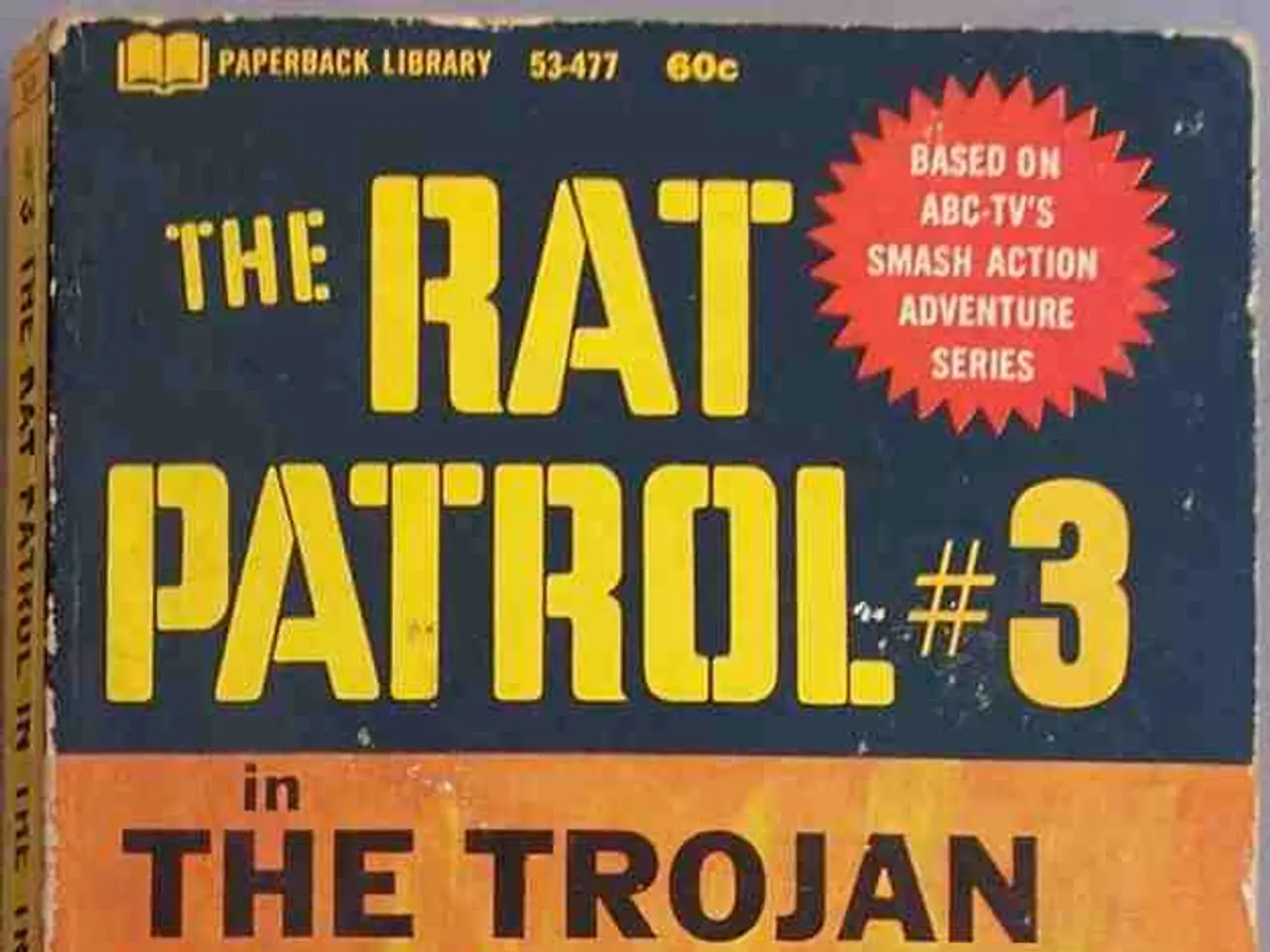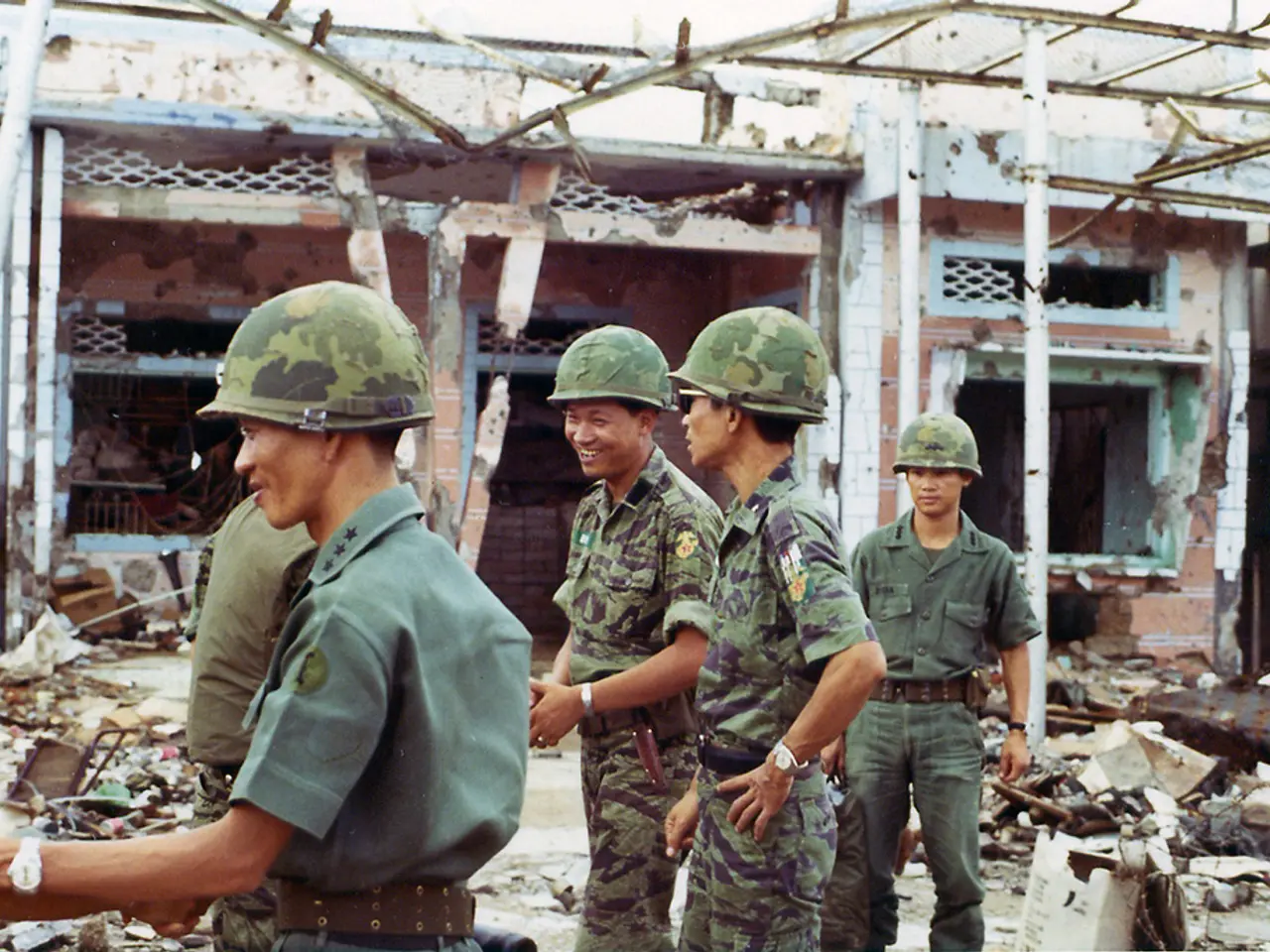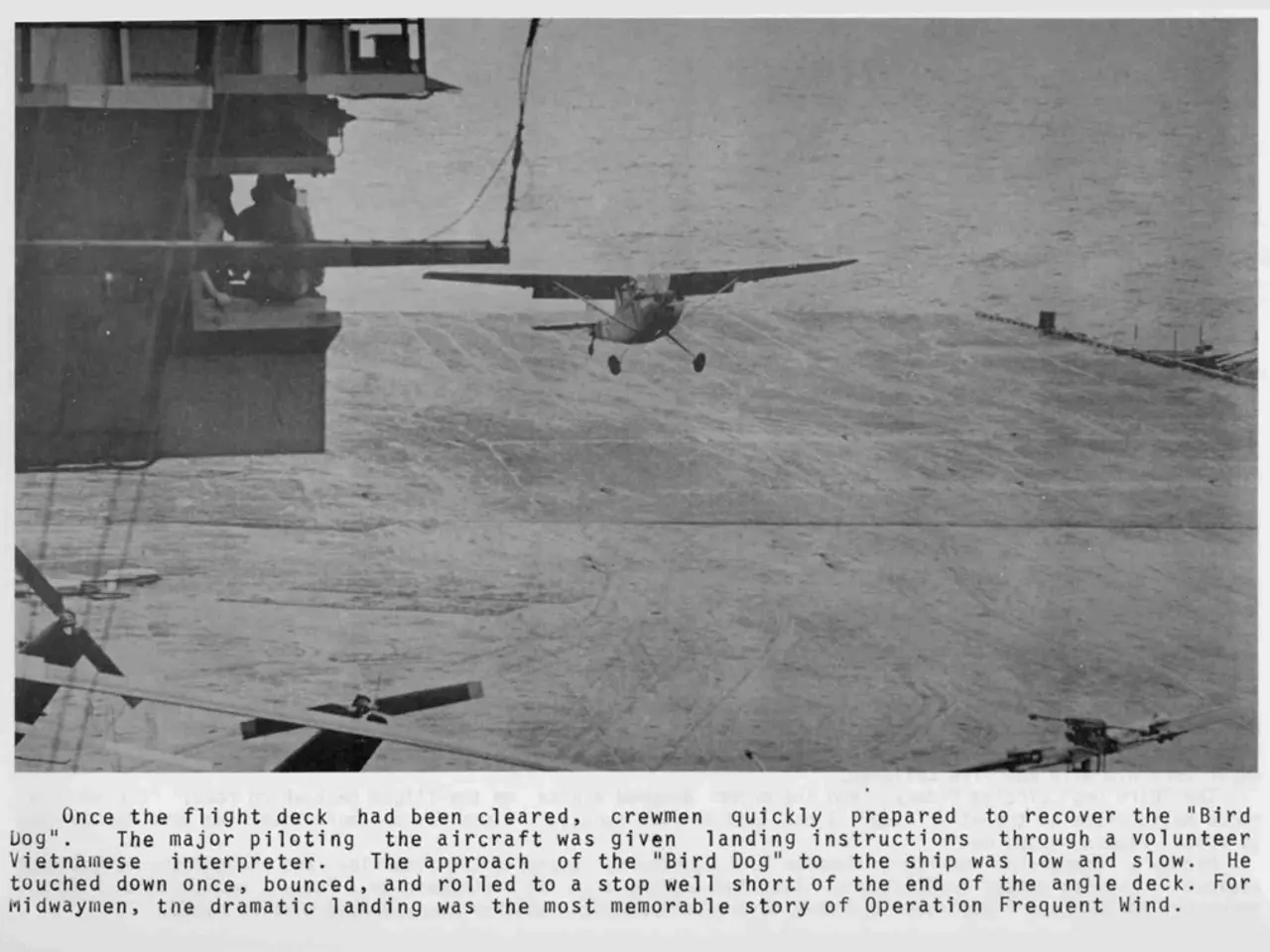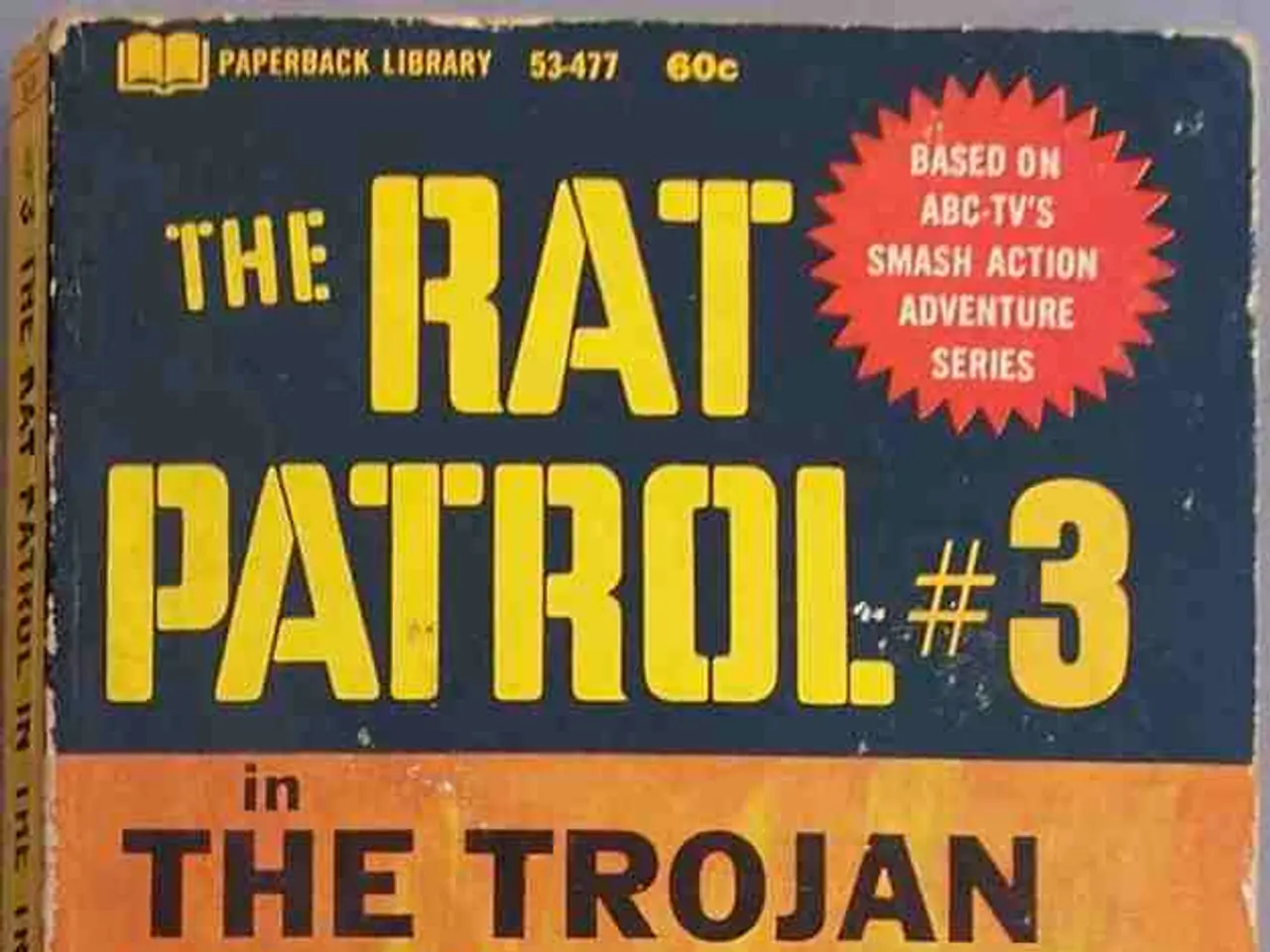Hamas's proposed truce terms, as indicated by Netanyahu, are unacceptable.
Amidst ongoing negotiations for a ceasefire in the Gaza Strip, key points of contention persist between Israel and Hamas, particularly regarding hostage release, prisoner exchanges, and a permanent ceasefire guarantee.
The proposed temporary ceasefire, lasting 60 days, includes Hamas releasing ten living hostages and fifteen to eighteen bodies in a staggered manner. However, the number of Palestinian prisoners Israel would release in exchange for the hostages remains a sticking point in negotiations.
Israeli forces are expected to withdraw to a buffer zone, though details remain limited. Discussion of a permanent end to the conflict is scheduled to take place during the 60-day temporary ceasefire period. However, Hamas insists on a guaranteed permanent ceasefire as part of any lasting resolution, a demand not yet accepted by Israel's leadership.
Hamas demands a guaranteed end to the war in Gaza as a key condition for a permanent ceasefire. The release of Palestinian prisoners and other terms addressing humanitarian and political issues in Gaza are implied prerequisites, though specific conditions from Hamas have not been fully detailed in public sources.
Thousands of people in Israel are demanding the release of all hostages still held by Islamists in the Gaza Strip. At least 20 hostages are still alive according to Israeli intelligence, while the status of two kidnapping victims remains unclear. In addition, the bodies of 28 abducted people are still in Gaza.
The resumption of indirect talks, with Qatar, Egypt, and the USA acting as mediators, is an important step towards a possible ceasefire in the ongoing 21-month conflict. However, Hamas has agreed to the proposal in principle but has further clarification needs on three points.
Notably, two attackers allegedly threw two grenades towards the helpers at a food distribution center of the United Nations' Gaza-based partner organisation, the Gaza Health Fund (GHF). As a result, two American aid workers were injured in the attack. The US State Department blames Hamas for the attack on the GHF food distribution center.
Amidst these challenges, Israeli Prime Minister Benjamin Netanyahu has accepted the invitation for "exploratory talks" and is sending a delegation to Doha, Qatar, today. Netanyahu is also scheduled to travel to the USA on the same day. Despite this, the changes Hamas wants to make to Qatar's proposal are deemed "unacceptable" by Israel, according to Prime Minister Netanyahu's office.
UN aid organizations do not work with the GHF due to concerns about the number of distribution centers and safety of personnel. The GHF resumed its operations at the end of May after a months-long blockade of aid deliveries by Israel.
In conclusion, while there is progress on a temporary 60-day ceasefire with hostage release terms outlined, the main points of contention remain prisoner exchanges and a permanent ceasefire guarantee. Hamas insists on a guaranteed end to hostilities for any permanent arrangement, a demand not yet accepted by Israel's leadership.
- The proposed temporary ceasefire, as outlined, includes discussions of a permanent end to the conflict, but Hamas's demand for a guaranteed permanent ceasefire remains a point of contention in the politics of war-and-conflicts.
- Amidst ongoing negotiations for a ceasefire, discussions about politics, including prisoner exchanges and a permanent ceasefire guarantee, are dominating general-news headlines, as thousands of Israelis demand the release of hostages still held by Hamas in Gaza.





